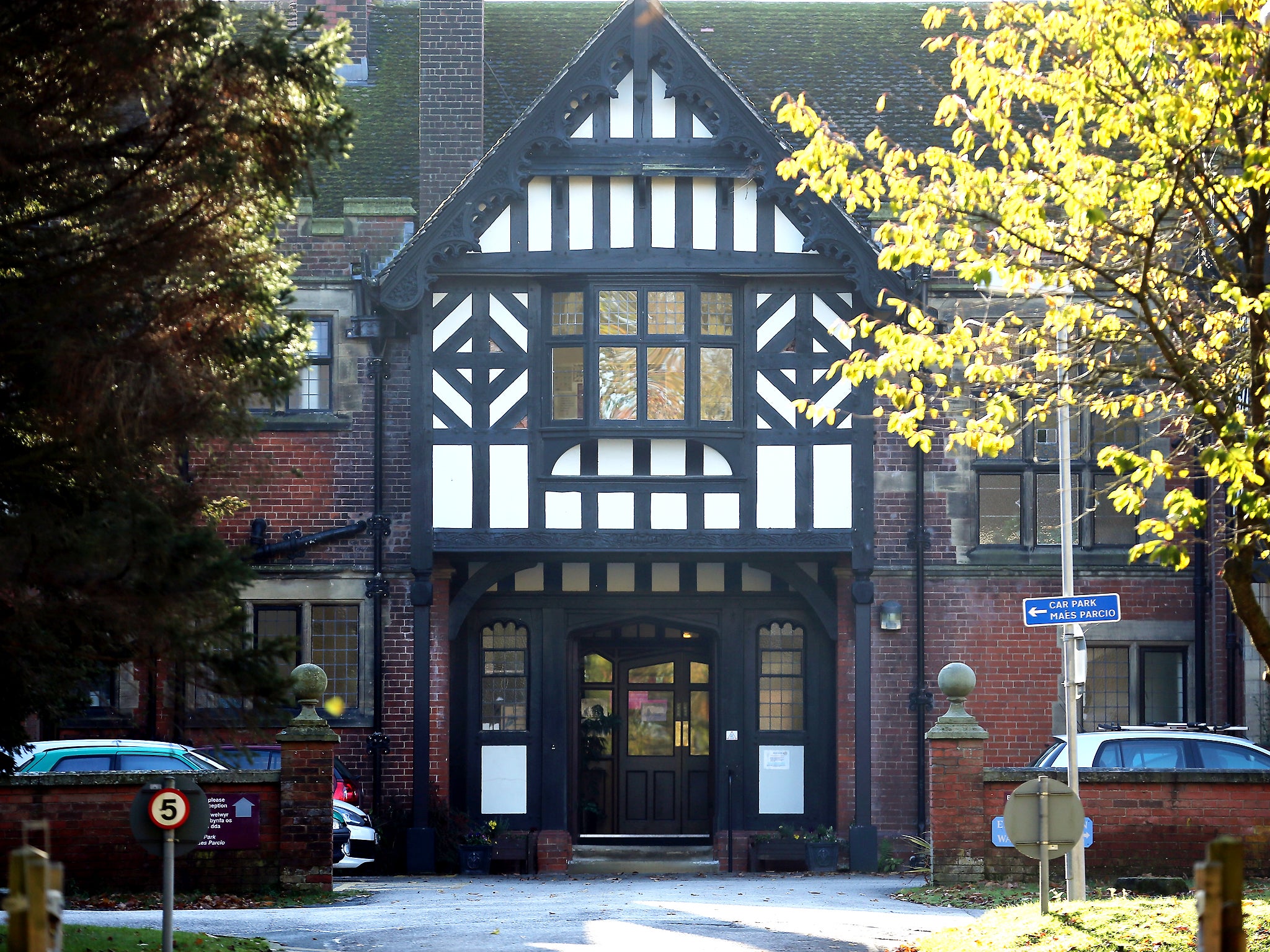Jillings Report: Abuse 'still not being tackled' at children's homes in Wales, 17 years after report was suppressed
Supressed account finds 'appalling' and 'extensive' history of abuse in North Wales in the 1970s and 80s

Campaigners have warned that the authorities are still failing to tackle the epidemic of child abuse in Britain following the publication of a suppressed report into “bestial” cruelty carried out at children’s homes in North Wales in the 1970s and 80s.
Survivors groups said valuable years had been lost following a decision by the now defunct Clwyd County Council to shelve the 1996 Jillings report which reveals how attempts to expose the scale of the scandal were constrained by police, social services and other agencies.
The two year inquiry uncovered an “appalling” and “extensive” history of child abuse – including buggery, assault, and cruelty - dating back two decades and culminating with a series of paedophile trials centring on the Bryn Estyn children's home in Wrexham.
But its conclusions were suppressed for the past 17 years after fears by insurers that it could open the floodgates to compensation and libel claims.
Although finally made public following Freedom of Information requests by The Independent and others, the 300-page report is heavily redacted to blank out the names of any individuals suspected of wrongdoing.
Peter Saunders of the National Association for People Abused in Childhood said: “We hear from survivors that there are still perpetrators who are out there. They have been known about for a long time and they are still around.
“Abuse persists because of secrecy, fear, and failure to act or bring the truth out. Unless there is a very good reason, there is no excuse for the redaction of this report. It should be open and out there.”
A statement issued on behalf of six Welsh councils said the report did not name any suspected abuser who was unknown to the police.
Malcolm King, then chair of the council’s social services committee, said it was time for a Royal Commission to examine child abuse in Britain following this and other high profile cases including the Jimmy Savile affair.
“It is the same old, same old. It is the same lawyers and the same sort of everything that wants to suppress the truth.
“All sorts of legal reasons are made up for that but I don’t buy it. If we can’t tell the truth about what happened 30, 40 or 50 years ago then what hope is there for telling the about today?” he said.
At least 12 young people are believed to have died as a result of the abuse they suffered whilst staying in the children’s homes.
Yet despite 10 previous internal inquiries the abuse continued.
Peter Wanless, NSPCC chief executive, said recent abuse scandals in Oxford and Rochdale showed lessons still needed to be learnt. "While some things have improved - particularly for those in care - there is a depressing realisation that in some areas nothing has moved on,” he said.
A council letter written to the Chief Constable of North Wales Police in 1991 included the names of eight convicted sex offenders and dozens of suspects.
The report said council employees and even serving police officers from the time could have been named as potential perpetrators of assaults by witnesses in 3,755 statements taken as part of what was described as the biggest police investigation into child abuse ever held in the UK.
At least 24 victims were identified. But the panel expressed concern that there was “no mechanism to ensure that independent investigations are conducted of allegations against former and serving police officers and that the police authorities handling of investigations can in some circumstances avoid public scrutiny.”
The authors said they considered abandoning their inquiry after being refused access to files and were obstructed by staff that declined to be interviewed. Documents were disordered, undated and unsigned. North Wales Police refused to hand over 130 boxes of files on the grounds they were sub-judice, it was claimed.
The report led by John Jillings, the former director of social services for Derbyshire, was carried out four years before the judicial inquiry ordered by the Welsh secretary William Hague – following revelations by The Independent - under Sir Ronald Waterhouse QC reached similar conclusions.
Mr Jillings said staff meted out severe punishments to disturbed youngsters. "The treatment of children was bestial really; they weren't treated like human beings, by some members of staff at any rate,” he said.
Demands to finally publish the original inquiry findings were made at the height of the row over the BBC Newsnight report which made false child abuse allegations against former Tory Treasurer Lord McAlpine.
A new police inquiry is underway after 140 people came forward alleging historic abuse as a result of publicity surrounding the case.
The report said it was unable to cast light on the enduring suggestion that well known public figures were part of a wider paedophile ring operating in North Wales.
Join our commenting forum
Join thought-provoking conversations, follow other Independent readers and see their replies
Comments